Relieve work-from-home stress with practical, science-backed strategies designed to support your well-being and productivity. While working remotely offers flexibility, it also introduces challenges like blurred boundaries, increased isolation, and heightened stress levels. Prolonged stress can impact your mental and physical health, as well as your ability to stay focused and motivated. Fortunately, there are proven methods to address these issues. By incorporating techniques such as structured routines, mindfulness, and workspace optimization, you can create a balanced and productive remote work experience while maintaining your peace of mind.
Create a Structured Routine

Maintaining a consistent schedule is essential to reducing stress and increasing productivity when working from home. Providing a well-established recurring balance experience, helping to separate work time from personal time. Start by establishing specific start and stop times in your workday to establish clear boundaries. Include regular breaks to recharge, such as short walks or relaxing games. Research indicates that predictable exercise can reduce stress levels and increase mental clarity by reducing perceived fatigue and enhancing the experience of managing daily responsibilities.
Optimize Your Workspace

An optimized workspace plays a key role in reducing stress and improving focus. Start with an ergonomic setup to reduce physical strain; invest in a comfortable chair and adjust your display to eye level. Keep your space neat and tidy, as noise can be distracting and hinder productivity. Adding herbal lighting and plants can similarly enhance your surroundings, as studies have shown that these elements boost mood and reduce stress hormones. A thoughtfully organized workspace not only supports the most effective physical comfort but also promotes staying mentally healthy.
Practice Mindfulness and Meditation
Mindfulness is a powerful tool for reducing stress and fostering mental clarity. By staying present and focused, mindfulness can help counteract the anxiety and overwhelm often associated with remote work. Simple techniques, such as deep breathing exercises or using guided meditation apps, can be seamlessly integrated into your day. Even a few minutes of mindfulness practice can significantly improve your emotional resilience. Research supports that mindfulness not only lowers stress levels but also promotes a healthier work-life balance by encouraging greater self-awareness and intentional living.
Incorporate Physical Activity
Regular movement is essential for maintaining mental and physical well-being in a work-from-home setting. Physical activity helps reduce stress by lowering cortisol levels and releasing endorphins, the body’s natural mood elevators. Simple practices, like stretching, desk exercises, or taking short walks, can be effective ways to stay active without disrupting your schedule. These small actions can boost energy, enhance focus, and create a natural break from work tasks. Scientific studies consistently highlight the strong connection between physical activity and reduced stress, making movement a key part of a healthy remote work routine.
Establish Boundaries Between Work and Home Life
Blurring the lines between work and personal life is a common challenge when working from home, often leading to increased stress and burnout. To establish boundaries, designate a specific workspace that separates work tasks from home activities. Set clear start and end times for your workday and stick to them. Open communication with family members or housemates is also crucial to minimize interruptions and ensure mutual understanding of your schedule. Research shows that maintaining a healthy work-life separation can lead to better mental health, improved focus, and higher overall satisfaction with both work and personal life.
Stay Socially Connected
Social interaction is vital for emotional well-being and can significantly reduce stress levels. Working from home can be isolating, so make an effort to stay connected with colleagues, friends, and family. Schedule virtual coffee breaks, check in with coworkers, or engage in casual conversations to maintain a sense of community. Studies have consistently found that strong social connections improve mental health by fostering feelings of support and belonging, helping to counteract the loneliness that remote work can sometimes bring.
Focus on Proper Nutrition and Hydration
A well-balanced diet and adequate hydration are essential for managing stress and maintaining energy levels during the workday. Consuming nutrient-rich foods helps stabilize blood sugar levels, which can reduce mood swings and improve focus. Limit caffeine intake to avoid jitters and energy crashes, and prioritize drinking plenty of water to stay hydrated. Incorporating balanced meals with proteins, healthy fats, and complex carbohydrates supports overall brain function and resilience to stress. Research underscores the critical role nutrition plays in mood regulation, emphasizing that eating well can lead to improved emotional well-being and productivity.
Get Quality Sleep
Sleep is a cornerstone of stress management and overall health. Poor sleep can amplify stress, reduce focus, and hinder decision-making, while restorative sleep supports emotional balance and cognitive performance. Establish a consistent sleep schedule by going to bed and waking up at the same time daily, even on weekends. Limit screen time before bedtime to reduce exposure to blue light, which can disrupt your circadian rhythm. Research highlights the profound impact of quality sleep on productivity, showing that well-rested individuals are more efficient, creative, and better equipped to handle workplace challenges.
Take Advantage of Breaks and Disconnect
Stepping away from work periodically is essential for reducing stress and maintaining productivity. Taking breaks allows your mind and body to recharge, preventing burnout and sustaining focus throughout the day. Engage in quick hobby activities, spend time outdoors to enjoy fresh air and natural surroundings, or practice relaxation techniques such as deep breathing or yoga. These activities help reset your mental state and improve overall well-being. Studies show that regular breaks enhance creativity, reduce fatigue, and contribute to better stress management, making them a vital part of a healthy work-from-home routine.
Read more: The Long-Term Effects of Stress on Cardiovascular Health
Conclusion
Relieve work-from-home stress is essential for maintaining both your well-being and your productivity. By implementing science-backed strategies such as creating a structured routine, optimizing your workspace, practicing mindfulness, staying active, and setting clear boundaries, you can cultivate a healthier and more balanced approach to remote work. Remember, self-care isn’t a luxury—it’s a necessity for long-term success and happiness. Experiment with these techniques to discover what works best for you, and make stress management a priority as you navigate the challenges and opportunities of working from home.





